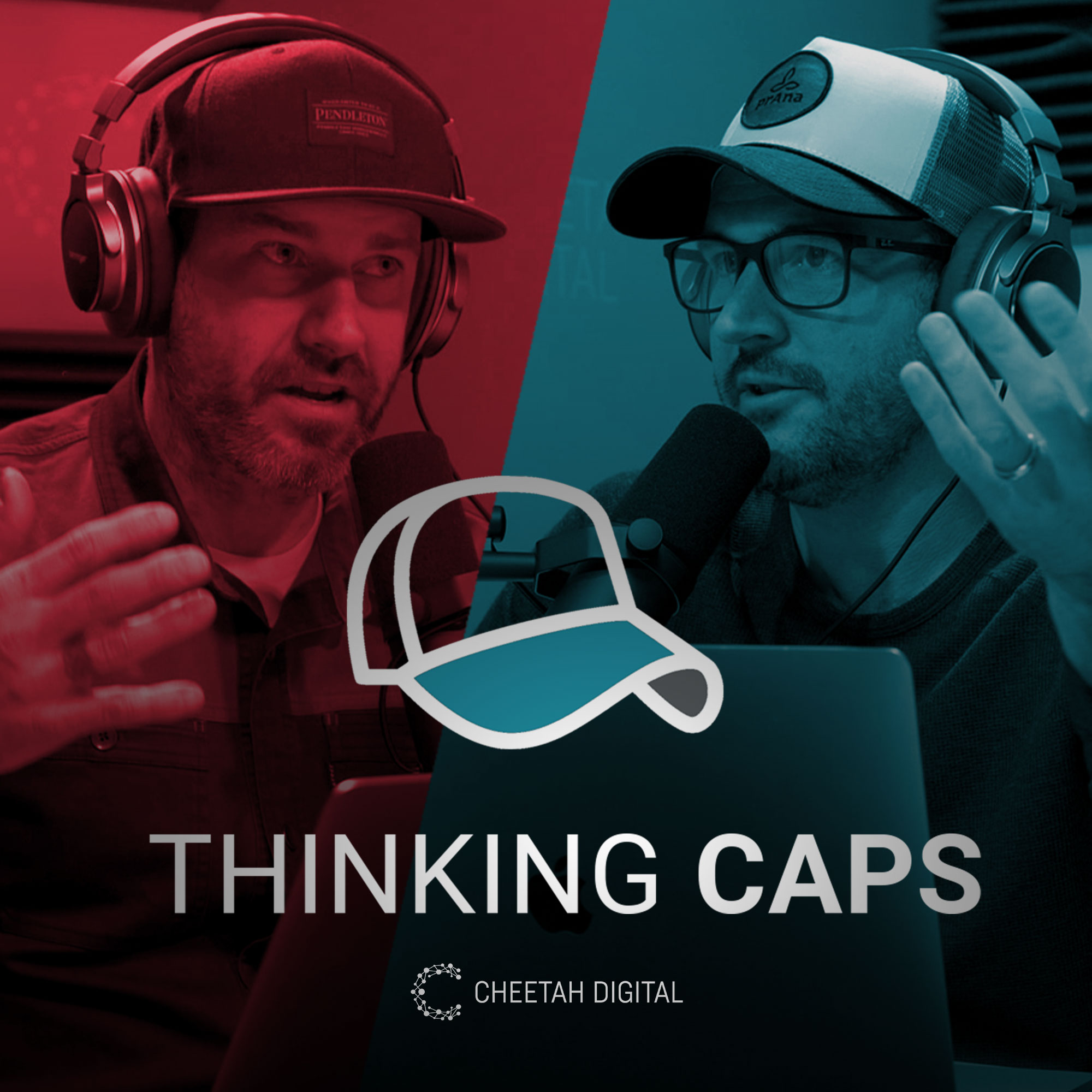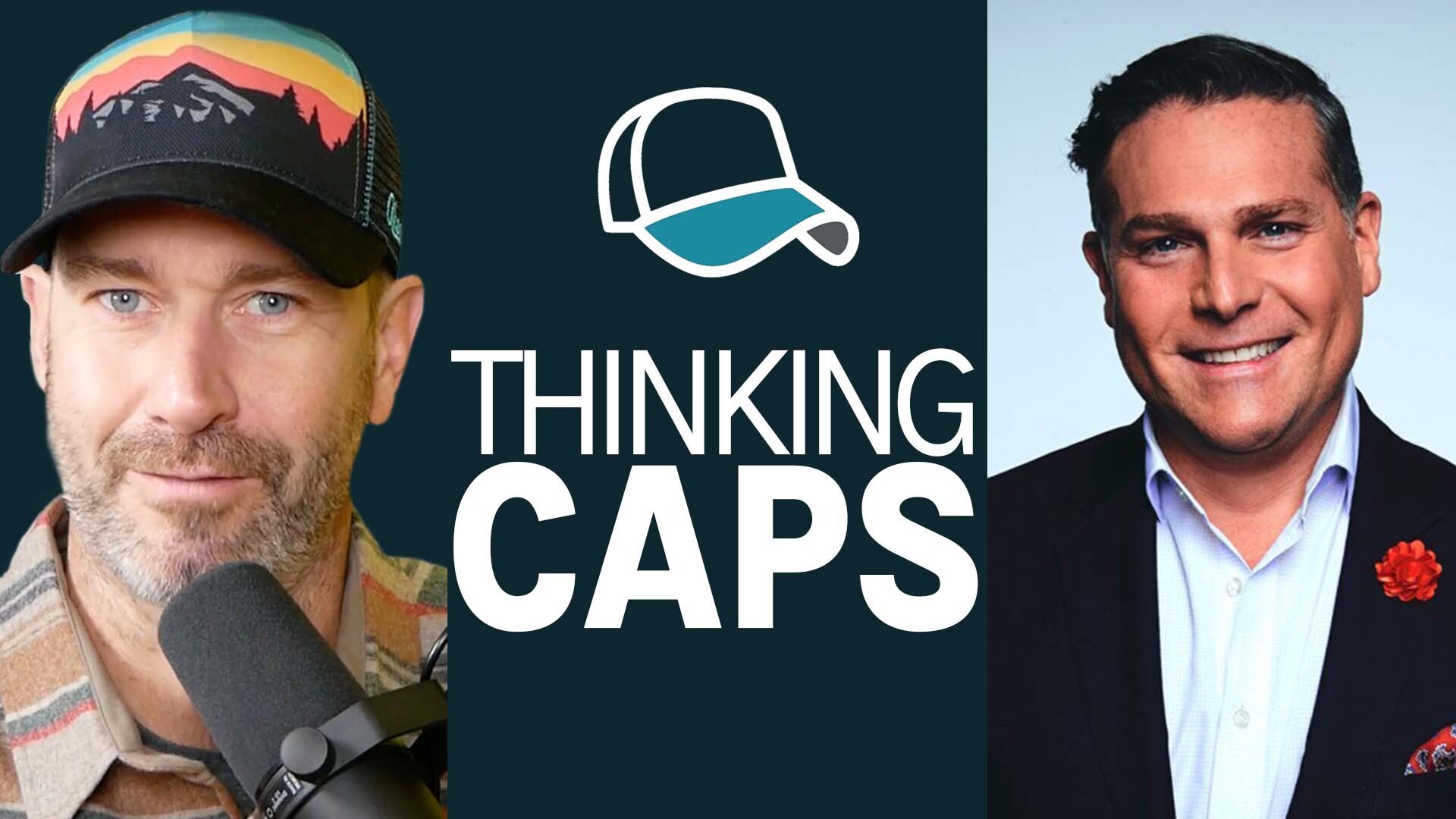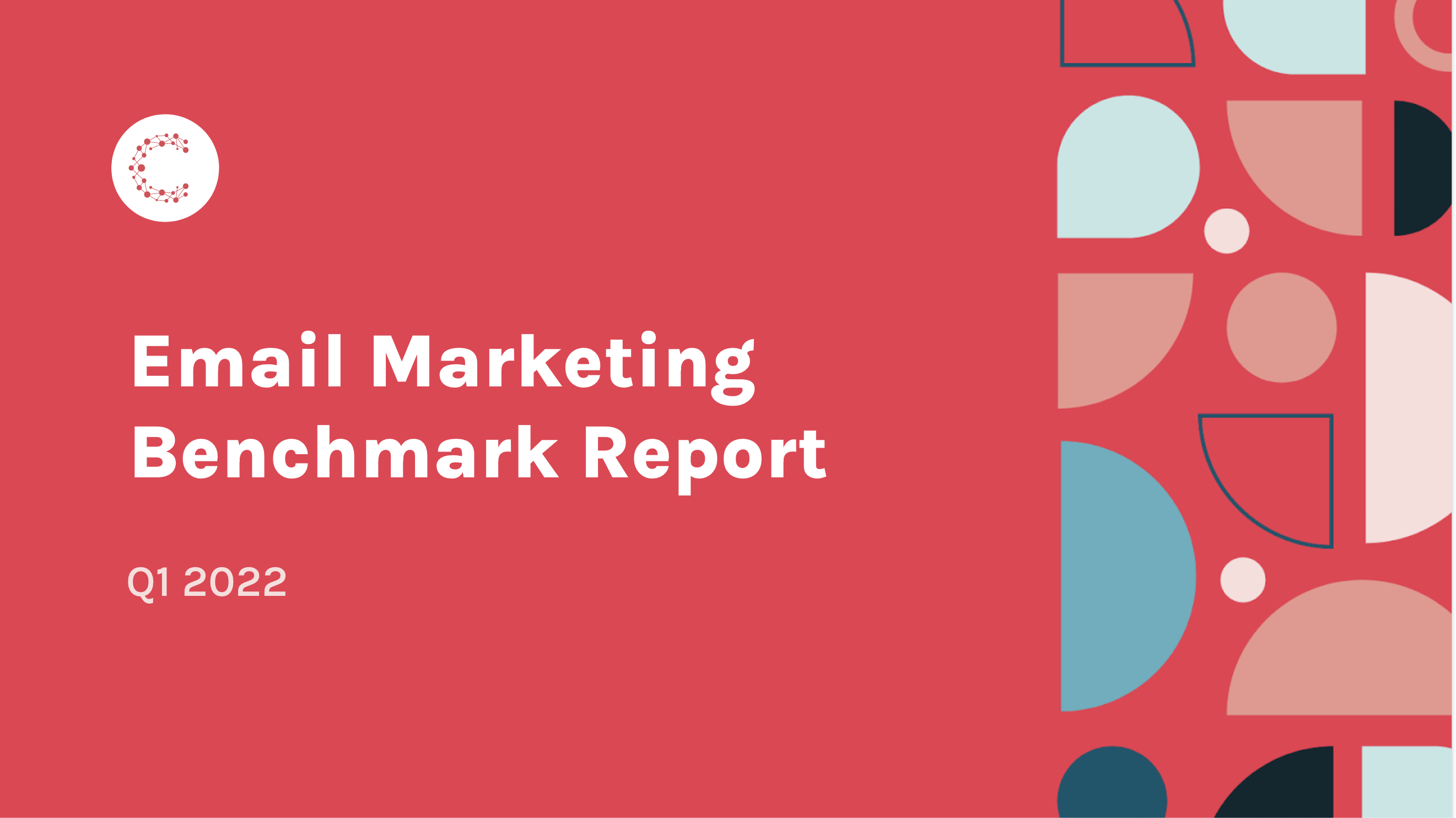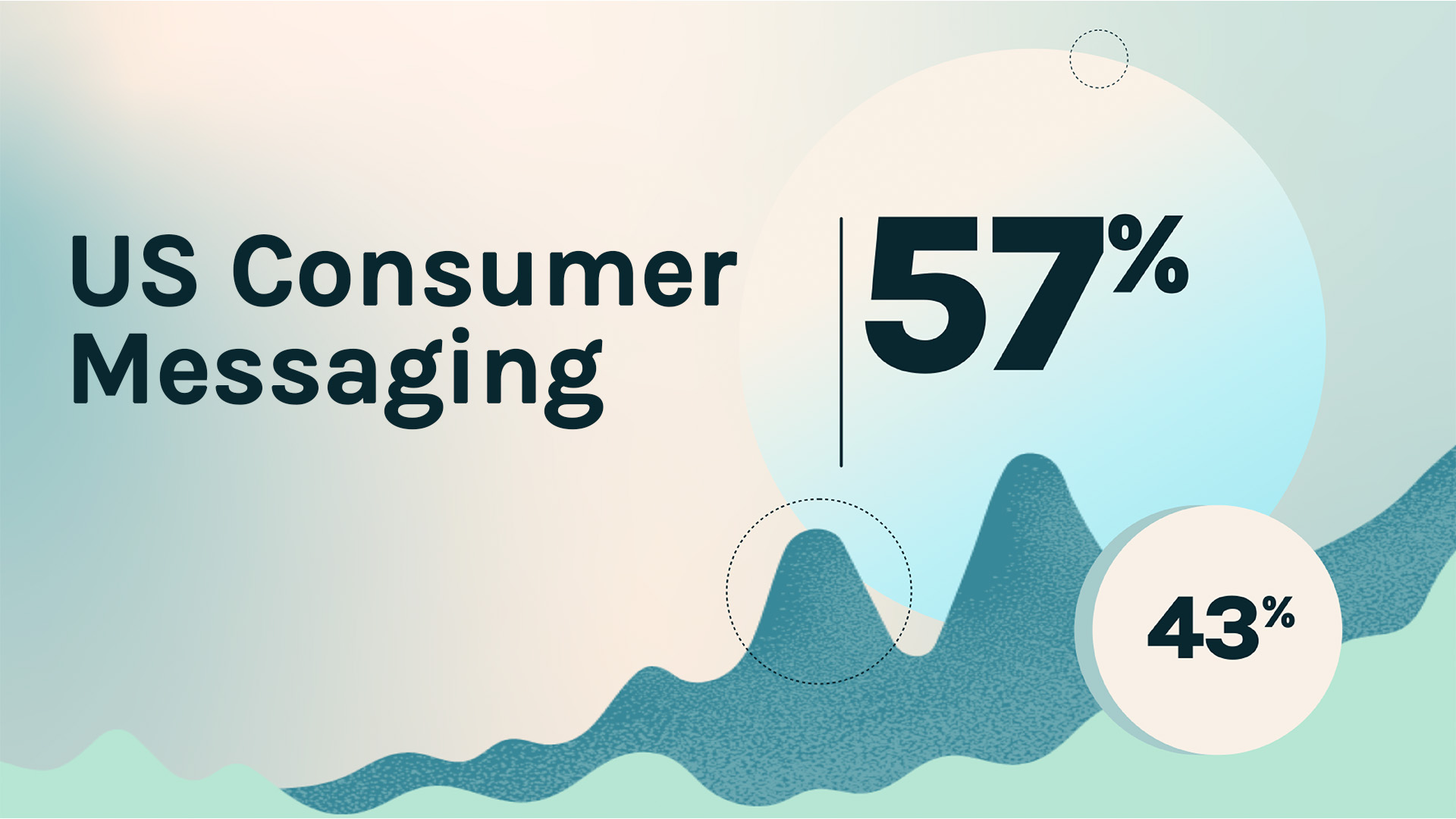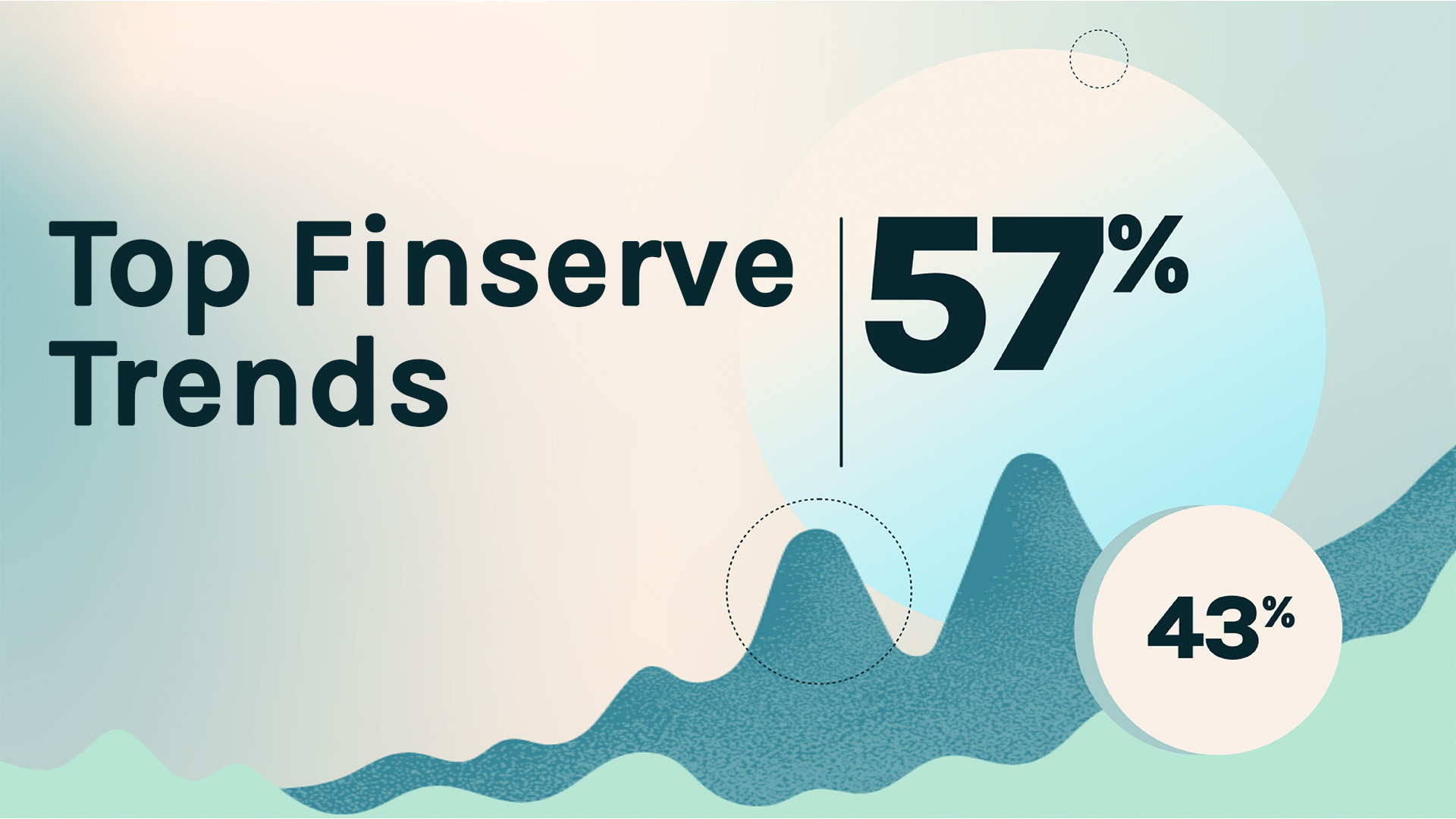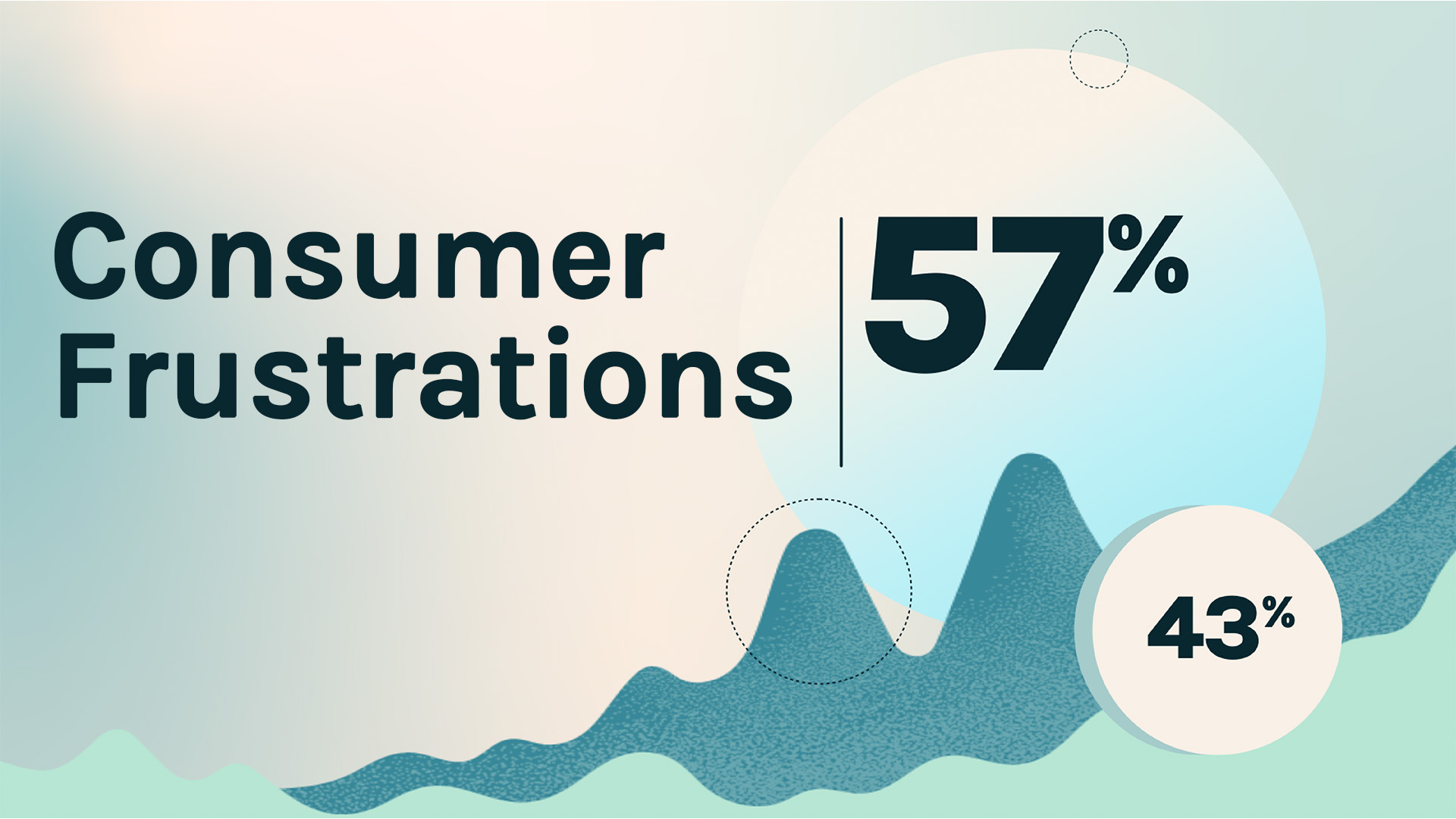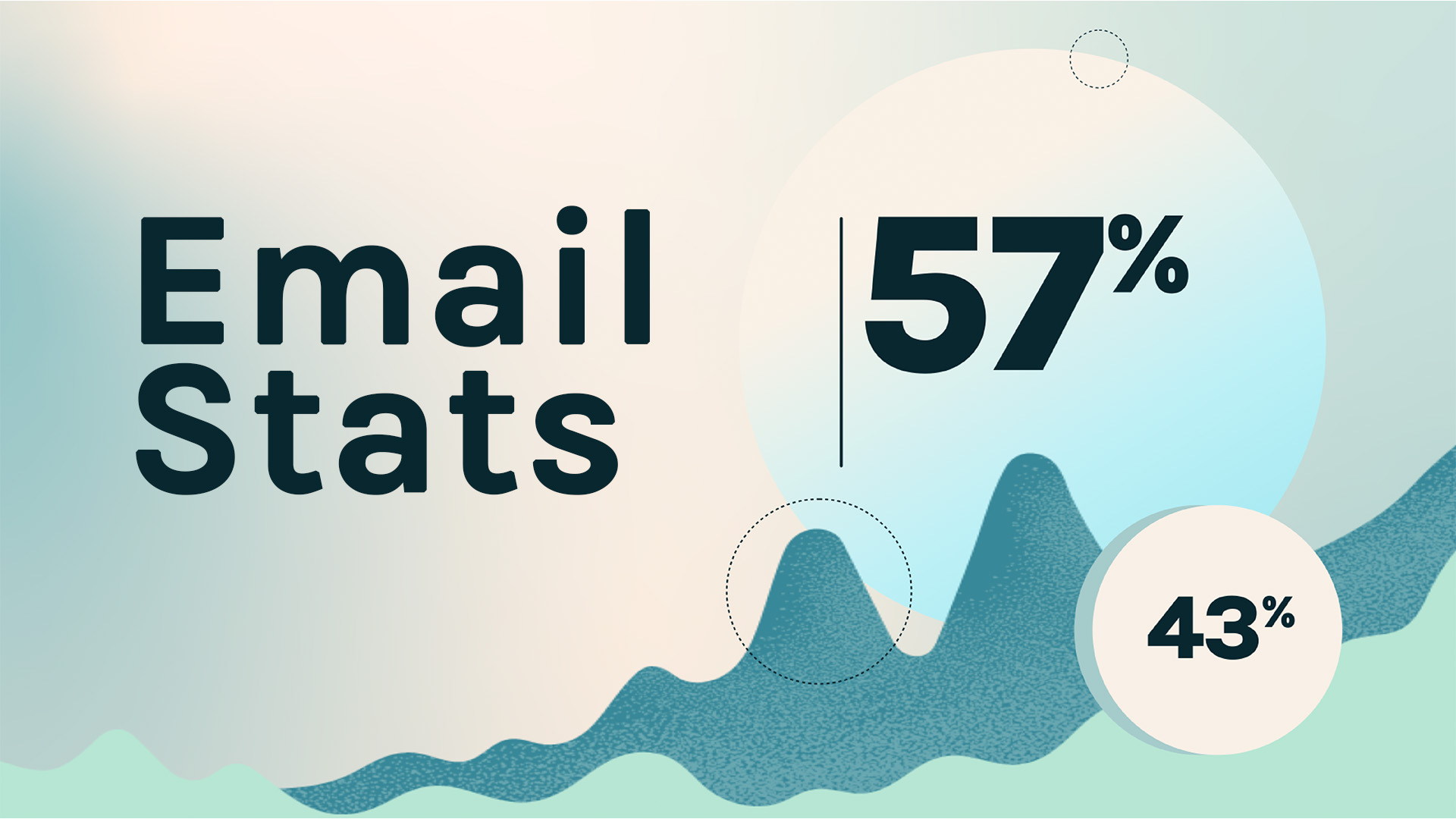How To Assess The Right Analyst Report For Your Needs
- 0.5
- 1
- 1.25
- 1.5
- 1.75
- 2
Tim: Welcome to Analyst Report Season. If you are an enterprise marketer looking to enhance your martech stack, there's a ton of resources from a ton of analysts out there, but be careful. We're going to give you context on why you need to know what's actually happening underneath these reports. Let's dig in. Hey Rich, there's a ton of reports, Forrester, Gartner, Real Story Group, a ton of analysts large and small that are all dropping, that should make it pretty easy on a marketer looking to enhance their marketing stack. You know, cross- channel messaging, email messaging, mobile messaging, et cetera. But you and I have the experience to know better than to take them at face value. Right?
Rich: Yeah. Look, one of the problems with analyst reports is there's so many.
Tim: There really are. But before we even dig in, for our viewers, whether you've been watching thinking caps or you're new, or you're seeing this as an ad or however it is, let's talk about you and I. Let's build a little bit of credibility, because yeah, we're Cheetah Digital guys. We have a point of view, but what have you been doing for the last 20 years, Rich? Why do you qualify to comment on this?
Rich: Well for more than 20 years, unfortunately, but I've been working in marketing, either building marketing technology and building them and then selling them to the Adobes, the Oracles, et cetera, or to other players in the ecosystem, or I've been a CMO integrating marketing technologies to deliver business results.
Tim: Fair enough. And look, I've been on the other side. I wasn't really building, but in 2019 alone, I signed 33 SaaS agreements for my clients. I've done it for Mark Cuban. I've done it for a bunch of private equity held umbrella brands. So I have been on the fence where we've signed SaaS agreements with large marketing clouds and then had to go through the unbelievable, painful integration of getting that software to do what the sales person said it would do. And that has been a pain. So, I think you and I should explain why our point of view on when reading these reports about vendors and technology out there. Do you want to kick off?
Rich: Yeah. The first point I'll make is the difficulty of knowing what report you actually should be looking at.
Tim: Fair.
Rich: If you take something as simple as you're looking at new cross channel messaging, you want a new messaging provider. Just one analyst. Do you look at Forrester's cross- channel campaign management report, do you look at Forrester's EMSS wave report, which is enterprise marketing software suites, or do you look at Forrester's enterprise ESP report? That's not the only set of reports you could be looking at.
Tim: It's a sea of confusion. There's so many different reports. But I think what you're getting at is, look, if you're a marketer and you need some martech, you either need technology or you need an entire services offering. You're buying people and services that happen to come with some technology and they figure out how to make it all work to get done.
Rich: Yeah, look, and that's dependent on services and third party services to stitch together a solution is almost inherent if you choose the wrong report for your needs. Now, one of the things that as marketers we've been talking about for 10 years or more, has been this concept of marketing clouds. And it sounded great originally because it was like, oh, wow. So if one provider, an Adobe, an Oracle, a Salesforce, whoever, acquires loads of different technologies, they will then integrate it all in this magical cloud, and all of my business... It'd be really easy for me to configure something to deliver integrated seamless real- time business solutions.
Tim: Well, I will tell you from experience for working with clients that have bought those marketing cloud solutions, it's like buying a bin of apples and then oranges and then plums and then grapes, and they're not all on the same language, to boil it down. So the integration and making data flow between these, to your point, acquired end point solutions that now make up a, Real Story Group and analysts call them," Cobbled together platforms." And I've gone through that pain. And that's why I'm at Cheetah Digital, because Cheetah Digital, when I saw it, it was completely different. They have made some acquisitions, and kudos to you. They acquired your company.
Rich: Yeah. Look, and at the end of the day, there's two points here. There's one, which is how is development done? Where does innovation come from? And the other is why don't marketing clouds actually work? And both of those things are actually connected. So, it's important that marketers all have a dose of reality in understanding how the software industry works when they're thinking about what kind of reports they should be looking at to help guide them. Now, some basics here. The reality is big players like Adobe, Oracle, Salesforce, et cetera, they don't do innovation well at all. They know they don't do innovation well. In fact, those marketing clouds, everybody knows on this call, that's watching this webcast, that they didn't innovate their way into the marketing ecosystem. They acquired their way. And they kept on acquiring for 10 years, 10, 20, 30, 40, 50 different acquisitions. Now that would be okay potentially. It would still be an integration nightmare. But if you were buying very young companies or new technology frameworks that were easy to integrate, but the reality is they don't do that, the big marketing cloud vendors. They buy very mature technology. They buy the biggest company that has biggest scale in the segment that they want to bolt on to their marketing cloud offering. Now there's a problem with that.
Tim: There is total problem with that. And again, you might be sending one check to one marketing cloud each month for your technology, but you might have multiple log- ins. You might have multiple campaign IDs. You might have to transform data from one of their marketing cloud platforms to another one. And I've been there.
Rich: The only place it's truly integrated is on your invoice.
Tim: That's fair. One check.
Rich: Now the other side of that is the nightmare side of integrating mature technologies, because they all have very different data models. There's lots of technical debt with these mature applications that have been developed over 15, 20 years. So the more mature your technologies are in your cloud, the less likely you will ever be able to integrate it properly. And anybody in tech, anybody knows this to be a fact.
Tim: Yeah, and look, I've had multiple ERP architect solutions at the companies I was working with and consulting that called it spaghetti quagmire, spaghetti nightmares to get this stuff through. So you make a good point there of the integration and the headache. And look, the ultimate solution is what I love about Cheetah Digital. Look, we're going to pat ourselves on the back here. Cheetah Digital is literally a native, call it a monolithic singular language. All of our customer engagement suite does all these great things, ingests all kinds of data, batch data, streaming data, point of sale data, weather data, whatever you want. And then it also allows you to segment and analyze that with machine learning and AI.
Rich: And why? Because it sits on a unified data model. That's the key.
Tim: Correct.
Rich: All of the applications that are in our customer engagement suite all leverage the same data model, the customer engagement data platform that sits right at the heart. And that's the key. If you're building software from the ground up, you can do that. You can have a single data model across your applications. If you're just painting by numbers and acquiring lots of mature technologies, all of their own data models, you are not going to achieve that. And that is going to create a problem that you will never recover from in actually trying to deliver the right message at the right time to the right person in the context of who they are and how they're engaging with you. You just can't do that in real time.
Tim: And especially if you're an enterprise organization where you're dealing with a lot of volume, a lot of messaging, a lot of email, SMS, transactional data. You want a native active platform where everything sits on one line.
Rich: Now let's not just talk about Cheetah. Let's talk about, I'm a CMO of a B2B company. If you look at the plethora of different capabilities and solutions out there, one company, HubSpot, has basically been building from the ground up its capabilities. And so it is a much more unified solution for you to be able to actually drive business outcomes.
Tim: Yeah, B2B.
Rich: Because it's taken the headache away from integrating all of these systems. And that's the exact headache that, by signing up with a marketing cloud, you have willingly decided is your headache.
Tim: I've been down that road, and I'm so glad I'm at one company. Well look, we talked about these analyst reports. They're all raining down this spring. You can get a lot of these reports that you should be looking at, at cheetahdigital. com. We're offering them up to you and we even have some contextual videos for each report that you download. So we'll tell you not just our thoughts, but we'll tell you if that's the right report for you and what you should think about.
Rich: Yeah. And maybe to top it up, I'd say, look, there's a reason why marketing clouds are called, in some corners, they're called franken- suites.
Tim: Please, I can't take any more franken- suites. Well, that was great. We hope you go to cheetahdigital. com, get some of these reports and watch more of our videos. See you next time.
DESCRIPTION
It's raining analyst reports right now, but how do you make sense of them all? From Forrester to Gartner to Real Story Group and a dozen others, what you need to know before you read them and how to identify the right type of report for your unique needs. Rich and Tim both have 20+ years experience on two sides of the fence and help you navigate the sea of confusion when sorting through the data. Make sure you have context on the report and its author before you take it at face value.

